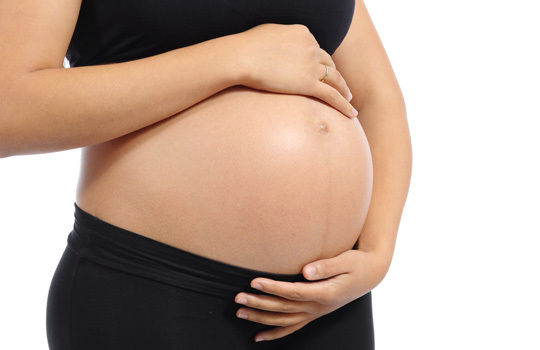
Postnatal Depression – Identifying Risks & Working Proactively to Strengthen Mothers
Published: May 26, 2015 Last Updated: January 21, 2024
Affecting approximately 13% of mothers, Postnatal Depression is a complex and persistent depressive disorder. It is debilitating and can have long-lasting emotional, psychological and physical effects on both mother and baby. Early identification of risk factors and appropriate diagnosis is essential to stopping the progression of this illness into something potentially life-threatening and certainly life-changing.
Postnatal depression
Postnatal Depression can present during pregnancy, but most commonly has an onset between four weeks and three months after the birth of the baby. Women who suffer from Postnatal Depression can have symptoms including disconnection from their baby and other relationships, major mood swings with a depressive tendency, anxiety, social withdrawal and loss of enjoyment from usual activities.
This condition is not to be confused with “baby blues”, characterised by a low mood and elevated emotional tendencies which commonly occur soon after birth and last around ten days only. Baby blues can be attributed to a number of factors including general overwhelm as a result of significant life changes, hormonal fluctuations and trauma recovery.
The nature of new motherhood is inherently stressful, with so many variables affecting the joy of bringing a person into this world. The overwhelming sense of responsibility and the long-term outlook can be crippling for first-time mothers and similar to those with many children. These emotions coupled with the loss of sleep, strains within partnerships, and the utterly irreversible changes that parenthood brings can deeply affect the emotional and psychological wellbeing of mothers who may be sensitive and vulnerable.
Risk factors which have been identified as common contributors include a previous history of depression, anxiety and mood swings, or family history of these in close relatives. The personality tends to have low self-esteem or striving for constant perfectionism may contribute to feelings of guilt or shame about being a “bad parent” or “not doing it right”. Mums with a history suffering any form of abuse, whether that is in childhood, or in previous relationships, may also experience triggering emotional and psychological events. Those that lack the practical and emotional support from their partner or others may also be more vulnerable. It is also important to be aware that ceasing anti-depressants or psychotropic medication in pregnancy or breastfeeding can lead to unmanaged symptoms of mental health issues, and should always be supervised by a doctor.
Postnatal depression has been shown to chemically affect infants in both an immediate and lasting way. Raised stress hormones such as norepinephrine and cortisol can affect the neuro-development of a baby while in-utero and may lead to issues with birth weight, temperament, behaviour, motor development and cognitive/attentional abilities. There are also long-term traumatic impacts related to a mother’s inability to form a meaningful, secure and loving connection with her baby in the instance of Postnatal Depression.
Preventing postnatal depression
If you are planning a family or are currently pregnant, especially if any of these risk factors apply to you, it is essential that you have the conversation with a healthcare practitioner to discuss how you might strengthen your practical and emotional support network and reduce stress during this delicate time. Families will benefit from an open discussion about Postnatal Depression and breaking down some of the stigma and misconception about the causative factors.
Treatment of postnatal depression
Early identification of risk factors and providing additional support will provide positive ripple effects for the healthy development of the baby and strengthen the relationships within families and partnerships throughout this evolution.
If you or someone that you know is experiencing persistent depressive symptoms such as low mood, overwhelm, suicidal thoughts or problems within your family that have presented as a result of the birth of your child, don’t hesitate to contact the centre on 07 3857 8887 . The treatment options our natural health clinic offers for Postnatal Depression include:
- Acupuncture and massage for relief and management of the symptoms of stress, depression and anxiety;
- Nutritional and herbal prescription for strengthening the body’s physical vitality, as well as effective and safe management of symptoms.

